second DS106 Daily Create
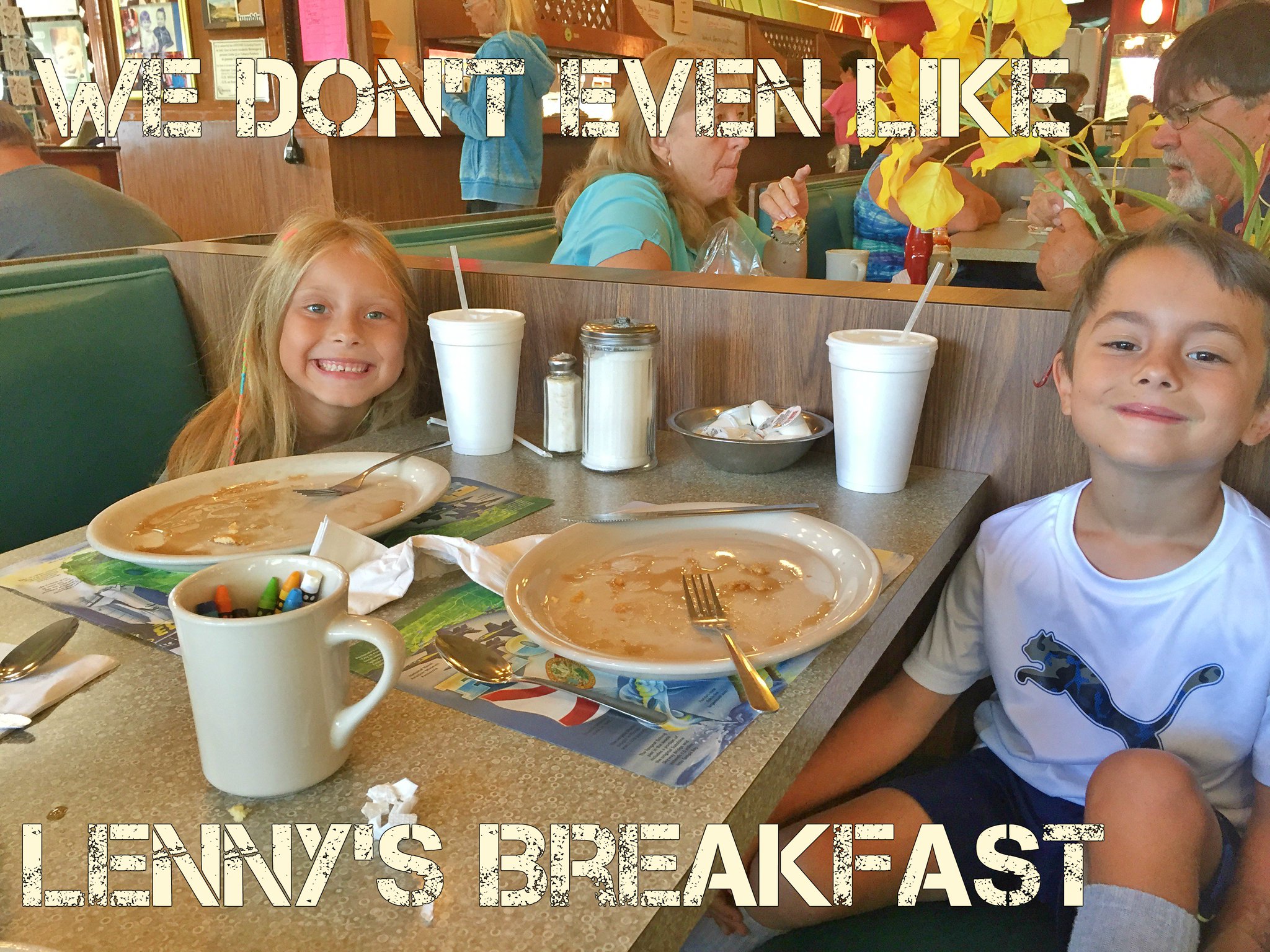
second DS106 Daily Create

your first Daily Create

In ideal situations, the teacher’s role is becoming that of a mentor, visiting with groups and individual learners during class to help guide them, while allowing them to have more of a say in their own learning. However, these types of interactions and the enabling use of technology are not always inherent or sufficiently integrated in pre-service training
This is, again, ideal, but it's incredibly hard to make that shift when not all states, districts, schools, or even classrooms within a grade level have access to the same resources/training/experiences
pre-service training did not prepare them well in either technology or 21st century skills
This is definitely true, even at forward-thinking universities like the University of Florida.
parents related that the e-portfolios improved their child’s ability to articulate their thoughts and narrate their learning process, while teachers reported increased student engagement
Parents, students, and teachers were all involved in the process.
technology use does not exclusively relate to advancing science and engineering; STEAM education is about engaging students in a multi- and interdisciplinary learning context that values the humanities and artistic activities,
YES!
this model combines online work with classroom practice to create a system in which students have greater control of time, pace, and path of instruction
Seems incredibly ideal, but at the same time daunting for teachers with limited planning time and few devices to use in the classroom.
educators are increasingly becoming creators, too, and are therefore in the position to lead activities that involve developing and publishing educational content
We have to be involved in the process.
This may be due in part to the rising popularity of social media apps, such as SnapChat, Instagram, and Vine, in which people tell and tag their informal stories through photos and video snippets
Everyone, including our students, has a story to tell, and there is value in their story.
An added dimension to this trend is an increasing focus on online global collaboration where contemporary digital tools
It's important to remember how we ourselves learn best these days. Many of us rely so heavily on online tutorials, YouTube videos, blogs, DIY sites, forums, etc. to learn new things. Why shouldn't our students have access to this kind of learning?
lack of intellectual engagement in school
Have schools always been like this? Have they always been considered to be "lacking in intellectual engagement"?
deeper learning approache
I'm thinking about Bloom's Taxonomy and Costa's levels... technology helps students function at the deeper levels of thinking.
a new twist on how teachers and students approach knowledge acquisitio
New emphasis on what info should be memorized as well.
nderstand the various intersections between technology and virtually any subject matter
Which is what they will need to understand to survive and thrive as an adult.
As learning becomes more fluid and student-centered, some teachers and administrators believe that schedules should be more flexible to allow opportunities for authentic learning to take place and ample room for independent study.
How do we balance this with the rigorous demands and specificity of IEP's and state testing schedules?
arts and humanities activities
Here is where we see the humanities represented as a part of STEM education. They are, and should be, interconnected.
productive struggle
Absolutely. And I don't understand any argument to the contrary.
3. Empower students to lead their own (and others') learning.
Student leadership and autonomy in education
we can and should be more intentional about promoting innovation in our districts and schools with everything in our power.
Who is responsible for this in each district? It seems like we have more of a stagnant and standards-driven district.
(such as CTE, art, and music teachers
I didn't think about the fact that we typically grade students on process in specials classes but products in gen ed classes.
Assessment and grading not based solely on final products
Valuing the PROCESS and the PRODUCT
there's no reason why we can't teach them alongside innovative practices.
This is exactly what I've been looking for! How do we mesh district and state mandates with innovative best practices?
second Daily Create
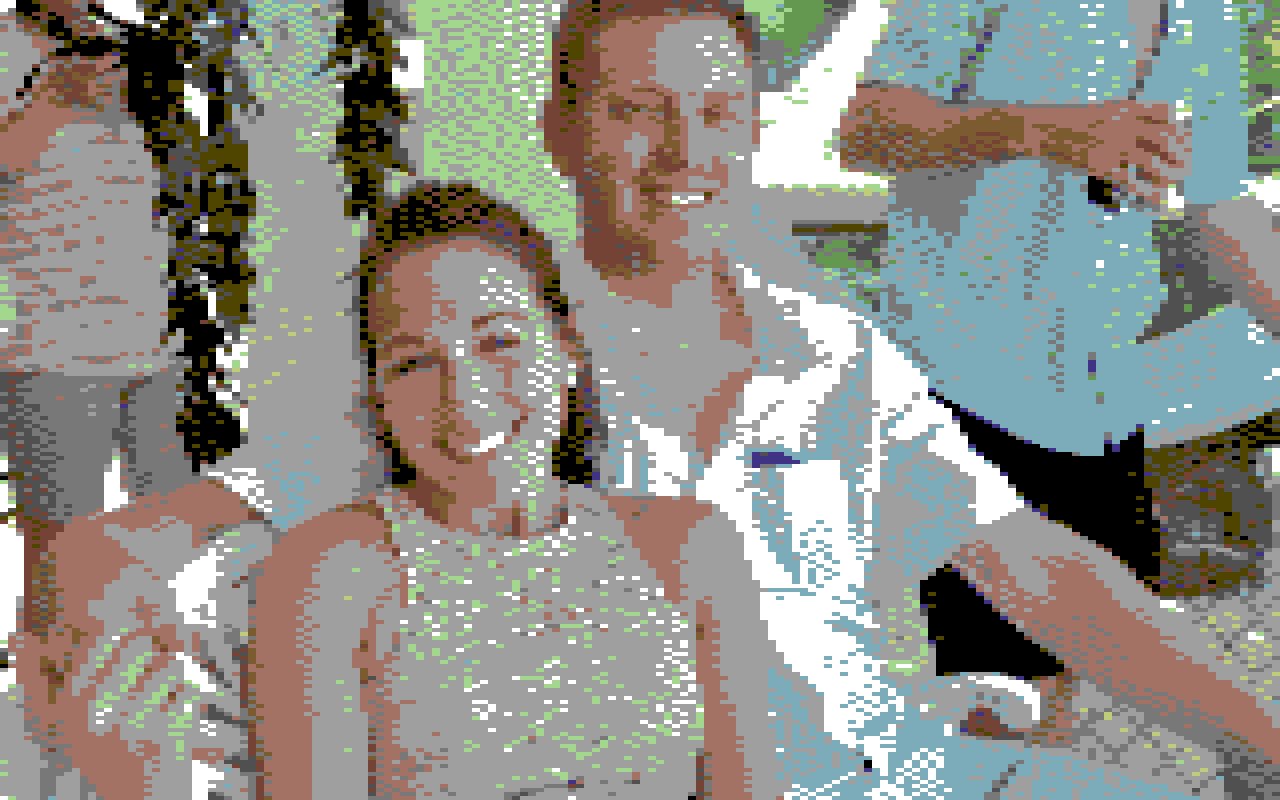
Produce your first DS106 Daily Create
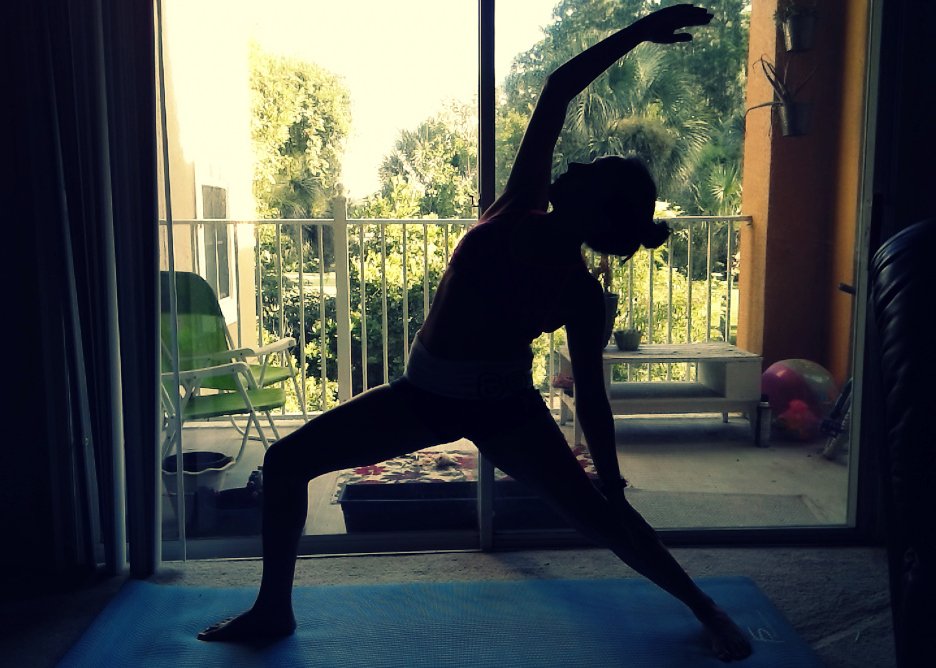
public annotation to this blog post
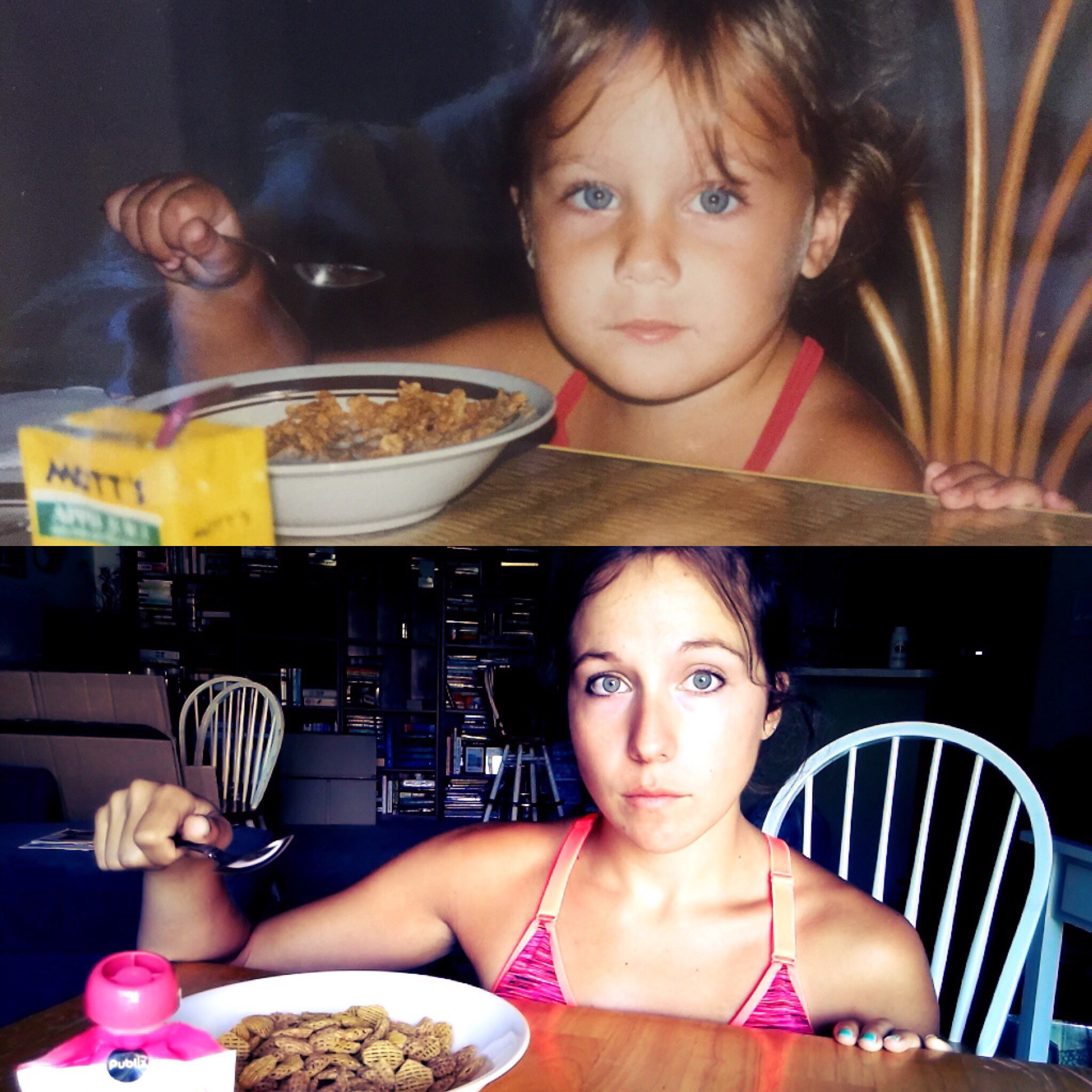
I picked this particular assignment because it felt like something I could realistically use in an elementary school classroom
I love this! I hadn't seen this one. I will definitely do something like this with my students, especially since we live in St. Augustine!
That classroom needs new ways of measuring progress, tailored to digital times — rather than to the industrial age or to some artsy utopia where everyone gets an Awesome for effort.
Unfortunately, it's just not there yet, so teachers still feel that they have to prepare students to do well on the standardized tests... because their pay depends on it. I'm not saying it's right by any means, but it's the sad truth.
“Online blogs directed at peers exhibit fewer typographical and factual errors, less plagiarism, and generally better, more elegant and persuasive prose than classroom assignments by the same writers.”
Is it because of the public nature and potential for a worldly audience?
stop disparaging digital prowess just because some of us over 40 don’t happen to possess it
This is a huge problem in my school/district. It's such backwards thinking to decide that since the students might know more than you, you just shouldn't teach it.
Use Hypothesis and add your first Daily Create as a public annotation to this blog post
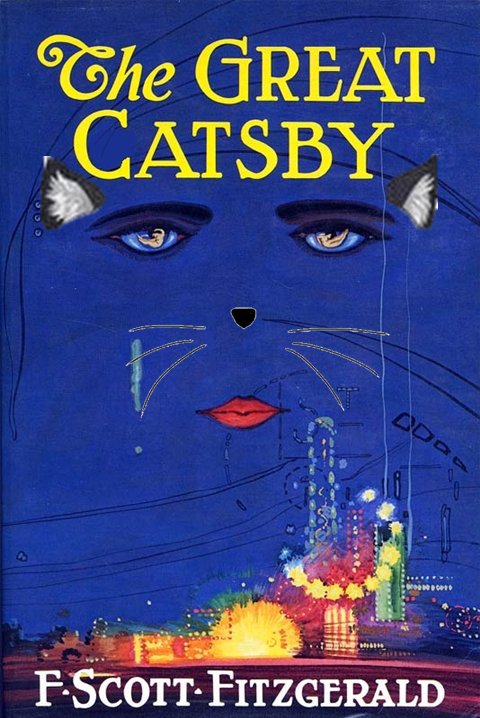
add your second Daily Create as a public annotation to this blog post
Use Hypothesis and add your first Daily Create as a public annotation to this blog post
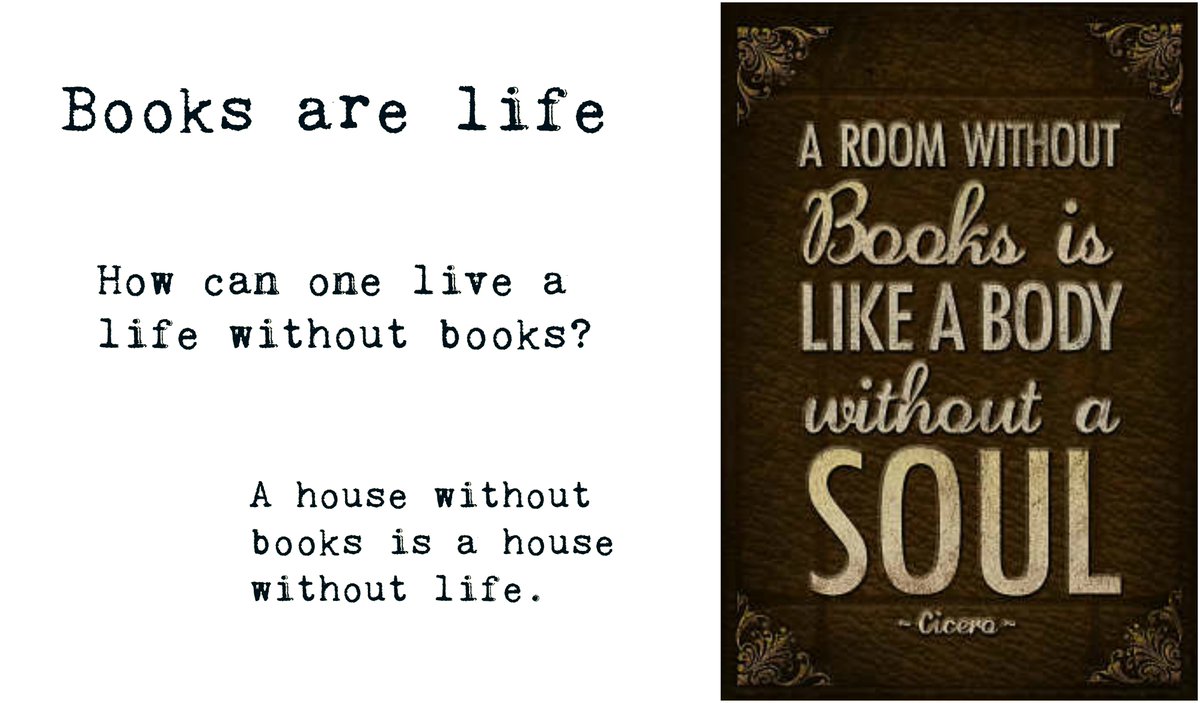
5 major areas
We almost have each of these as one of our thematic units. I think we can make all 5 happen.
Design multidisciplinary lessons when possible. When teaching geometry, I designed a lesson called, “Geometry through Art”. It included works of Art to show fifth graders their application to everyday geometric concepts. The result was astounding. I never thought that the subject matter would be so successful. I designed an entire unit that focused on how different concepts rely on geometry. I even asked the Art teacher to help reinforce those concepts in class.
This. Every word of this backs up why we should be co-teaching and allowed to integrate the curriculum as much as possible. I can't wait to teach math and science through music and art.
integrate art, music and culture
We are ahead of the game, here. Just need to make sure we include elements of art/music in MOST of the units, where appropriate.
Explore different cultures
This reminds me of another TED Talk I saw this week at my Fellowship- The Danger of a Single Story
take ownership of their own learning
Maybe a mini-math fair, ELA fair, SS fair, then STEM fair to end??
classroom space for exploration
Hopefully our alternative learning spaces will help with this- hoping we can get a few tables (even low ones) they can sit or kneel around.
“If you’re not prepared to be wrong, you’ll never come up with anything original.
I wrote this down when I listened to the NPR podcast with him. It was important to note that school constantly focuses on the right answer, so kids become more and more afraid to be wrong.
flexibility and create norms
Classroom community building from Day 1
Incubation Model
Again, never heard of it. But, this year, this is what we should do with our thematic units.
Validate their creativity
Utilize the parking lot better and actually address it at some point...
divergent and convergent thinking.
How can we design our assignments to include both? Where can we find examples of assignments that do? Will Admin see the value in both?
Osborne-Parnes model
Never heard of this. Need to read more about it.
like Odyssey of the Mind
MARIAH
creative arts, media-oriented programs
Classroom thought: Integrate more creative production opportunities (photo manipulation, Canva, educreations, etc?)
our current model leaves little room for divergent thinking.Much of the blame for a lack of creativity, and therefore innovation, can be traced to our traditional educational systems.It relies on teaching to the correct answer
This reminds me of the two mindsets from "New Literacies" and what the chapter discussed about hos schools inherently train students a certain way, and that that way is not exactly appropriate for what the future careers in our lives need.
Embrace creativity
Classroom Idea: Problem-Solver Pinterest board?
textbooks are at least three years out of date when they are published
An open opportunity for technology to provide more relevant, current information and more accurate discussions, lessons, and resources for students.
creativity to be included as part of learning standards
The Common Core standards have honestly tried to do just that, no matter how much people fear and oppose them. People who have not really looked at their foundations, their true language, and their true intentions have missed some of these ideas. The standards encourage the use of multiple strategies, flexible thinking, and explanation/justification/reasoning/debate. So much more room for creative thinking.
first Daily Create
https://twitter.com/roundhousejz/status/742813833408831488
Week 2 First Daily Create!
My first Daily Create!
(It keeps removing my image from the annotation... possibly too large?)
first Daily Create
https://twitter.com/roundhousejz/status/742813833408831488
Week 2 First Daily Create!
You should never optimize developer convenience over user experience.
Customer service in a digital sense... interesting concept.
"There is something barbaric in students, and many books are missing it because we want them to be happy"
-But, childhood is a very tough time. (Immigrant parents)
-Always respected children for how they solve problems.-- They want to survive ex. Hansel and Grettel
Tell the truth... the kid who is fighting but doesn't know what he's fighting for... -Even as an adult, nothing changes- still worried/scared